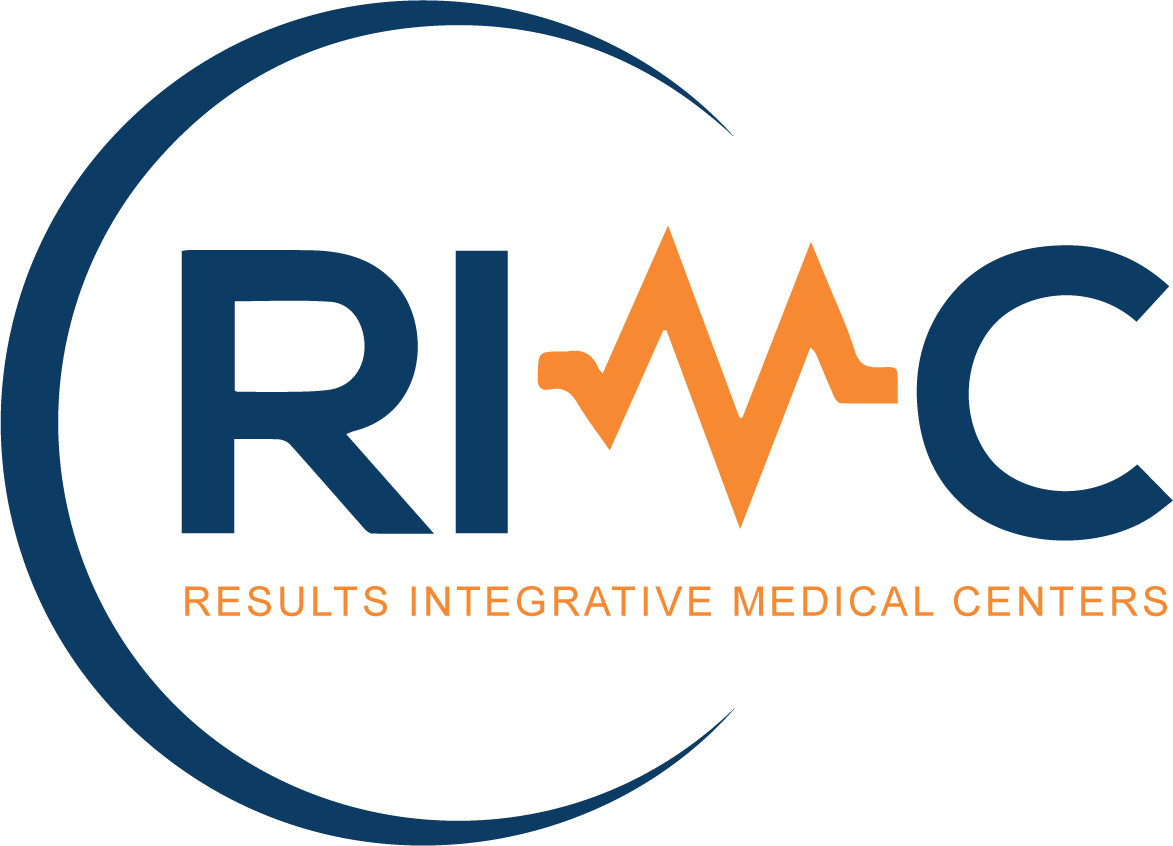Neuropathy/ Nerve damage
What is neuropathy?
Neuropathy can be defined as a disease or dysfunction of one or more peripheral nerves and will cause many different symptoms see list below.
Nerve Damage
Approximately one in ten people are likely to develop some kind of nerve damage during their lifetime; regardless nerve damage receives considerably less attention than many other chronic conditions. Peripheral neuropathy is the most common ‘umbrella’ term for damage which occurs in the body’s extremities such as hands, feet, and limbs. It can vary from moderate discomfort and numbness to acute searing pain that seems to occur at random. In perhaps its most extreme manifestation, nerve damage can lead to trigeminal neuralgia, a rare illness that focuses upon severe, sharp, and often long-lasting pain affecting the face.
There are various causes and explanations for why nerve damage may occur. Likewise, the symptoms may change as time passes by, with the pain becoming seemingly at random. Living with nerve damage can be extremely difficult and it is essential as such, that you see a medical center or physical therapist. If nerve damage is diagnosed swiftly, then it is possible – in some cases – to limit the spread and intensity of the damage at least partially through a combination of physical treatment and complementary therapies. Be aware that one of the most frustrating aspects of nerve damage is that every case is different and there is never any certainty that treatments are going to be universally successful.
What if left untreated?
Those aches and pains from Peripheral Neuropathy or nerve damage will become steadily worse and eventually lead to serious – possibly irreversible – nerve and tissue damage. The good news is that at Results Integrative Medical Centers our understanding of peripheral neuropathy and how to treat and manage these symptoms effectively is far better compared to just standard medical treatment. Providing people take proactive efforts to treat their condition the worst effects can be avoided.
What are the Key Peripheral Neuropathy Symptoms?
Symptoms can present themselves at any age although many people are diagnosed from age 40 and onwards. According to the National Institute of Neurological Disorders and Stroke, it is estimated more than 20 million Americans suffer from some form of peripheral neuropathy. And this figure may be significantly higher, as not all people with symptoms of neuropathy are tested for the disease, and tests currently don’t look for all forms of neuropathy. Pain is the most obvious and common symptom and often begins with quite innocuous issues. These may be constant or periodic, sharp/throbbing/freezing/shooting pains, in specific places or in more general areas. In some cases, pain may take many years to become worse, while in others the decline can be very sudden.
Key symptoms to be aware of include:
What Causes Nerve Damage?
General nerve damage can be caused by trauma/damage to the body, infections, side effect of medicine or as a consequence of drug/alcohol abuse and an unhealthy lifestyle. Diabetes is currently one of the fastest-growing contributors to the increasing number of diagnoses (diabetic polyneuropathy). Nerve damage can also arise as a complication from cancer and motor neuron disease.
Trigeminal neuralgia occurs when nerves within the skull become damaged and cause a disruption in the transmission of sensory information. Even though there is no injury, the nerves are transmitting extreme pain and these attacks may last anywhere from a couple of seconds to a few minutes.
Underlying Causes:

